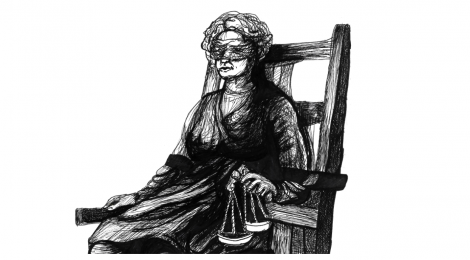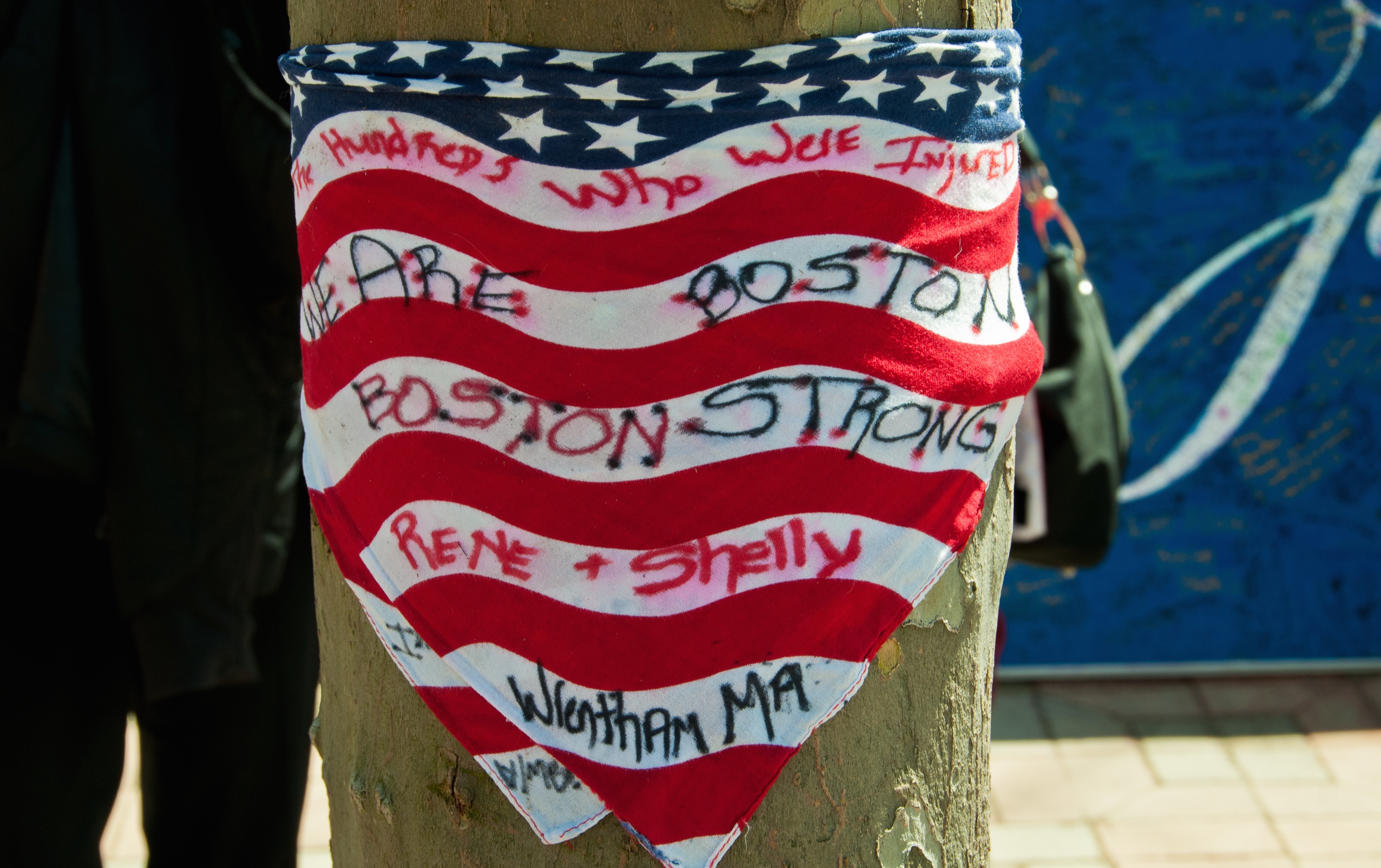
Death Penalty May Not Bring Peace to Victims’ Families
On May 15th 2015, a federal jury condemned Dzhokhar Tsarnaev to death for his role in killing four people and injuring hundreds in the Boston Marathon bombings in 2013. Before the verdict, Bill and Denise Richards—the parents of a nine-year old boy who was killed in the attack—asked that the government not seek the death penalty against Tsarnaev. In an open letter published in the Boston Globe, they explained:
“The continued pursuit of that punishment could bring years of appeals and prolong the most painful day of our lives.”
The death penalty is often touted as the only punishment that provides true justice and closure for a victim’s family and friends, also known as covictims. But this is rarely based on covictims’ actual sentiments.
Research by University of Minnesotta sociology-anthropology professor Scott Vollum and colleagues found ambivalence in covictims’ reactions to capital punishment. Their study showed that only 2.5% achieved true closure, and 20.1% said that the execution did not help them heal. Covictims in the study also expressed feelings of emptiness when the death penalty did not “bring back the victim.”
The long judicial process between conviction and execution, which can span many years in some cases, also prolongs grief and pain for covictims. Uncertainty prevails in the face of appeals, hearings, and trials, while increased publicity inherent in death-penalty cases exacerbates covictims’ suffering. Through media exposure, they repeatedly relive traumatic events.

Pain and anger, especially, are common in the wake of tragic loss and can be accompanied by an overwhelming desire for revenge. Some covictims in the Vollum study voiced that the death penalty was not harsh enough, while others communicated a wish to personally inflict harm on the condemned. In the majority of cases though, executions were not sufficient to satisfy these desires.
“More often than not, families of murder victims do not experience the relief they expected to feel at the execution,” states Lula Redmond, a Florida therapist who works with surviving family members. “Taking a life doesn’t fill that void, but it’s generally not until after the execution that families realize this.”
In a number of cases, covictims actually expressed sympathy for family members of the condemned, often empathizing with the experience of loss. “My heart really goes out to his family. I lost my daughter, and I know today is a terrible day for them as well,” stated one covictim.
A death sentence can polarize the two families, obstructing healing for both. Prison chaplain Caroll Pickett has witnessed how capital punishment inflicts trauma on loved ones of both the condemned and the victim, as well as prison employees and others in the judicial process, stating in his autobiography, “All the death penalty does is create another set of victims.”

Of course, findings like these beg the question, are other forms of punishment more conducive to healing? A 2012 Marquette University Law School study showed improved physical and psychological health for covictims, as well as greater satisfaction with the justice system, when life sentences were given, rather than capital punishment. The authors hypothesize that survivors “may prefer the finality of a life sentence and the obscurity into which the defendant will quickly fall, to the continued uncertainty and publicity of the death penalty.”
Would covictims move through the natural healing process more rapidly if they were not dependent on an execution to bring long-awaited peace? Perhaps the execution as an imagined endpoint for closure only leads to more grief in the meantime.
As one survivor expressed, “I get sick when death-penalty advocates self-righteously prescribe execution to treat the wounds we live with after homicide… Healing is a process, not an event.”
The realities of capital punishment may be poorly suited for healthy grieving and healing. The Richards family wrote, “We hope our two remaining children do not have to grow up with the lingering, painful reminder of what the defendant took from them, which years of appeals would undoubtedly bring.”
– Caitlin McNair, Contributing Writer
Feature: Lesia Szyca – Trauma and Mental Health Report Artist, used with permission
First: Tim Carter on Flickr, Creative Commons
Second: H. Powers on Flickr, Creative Commons



